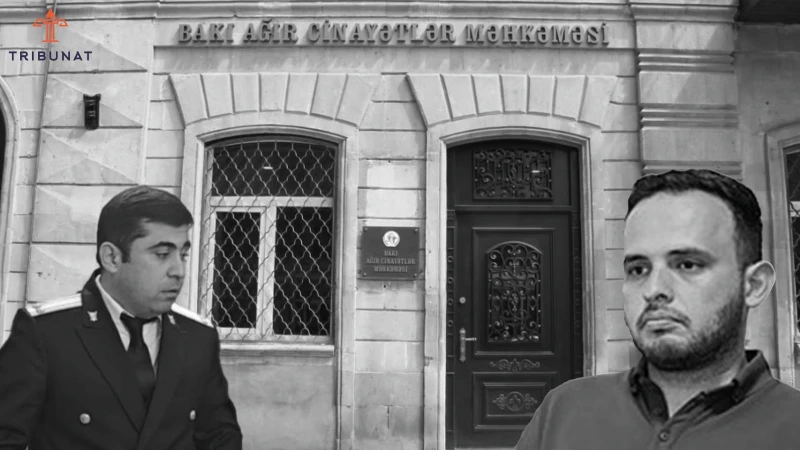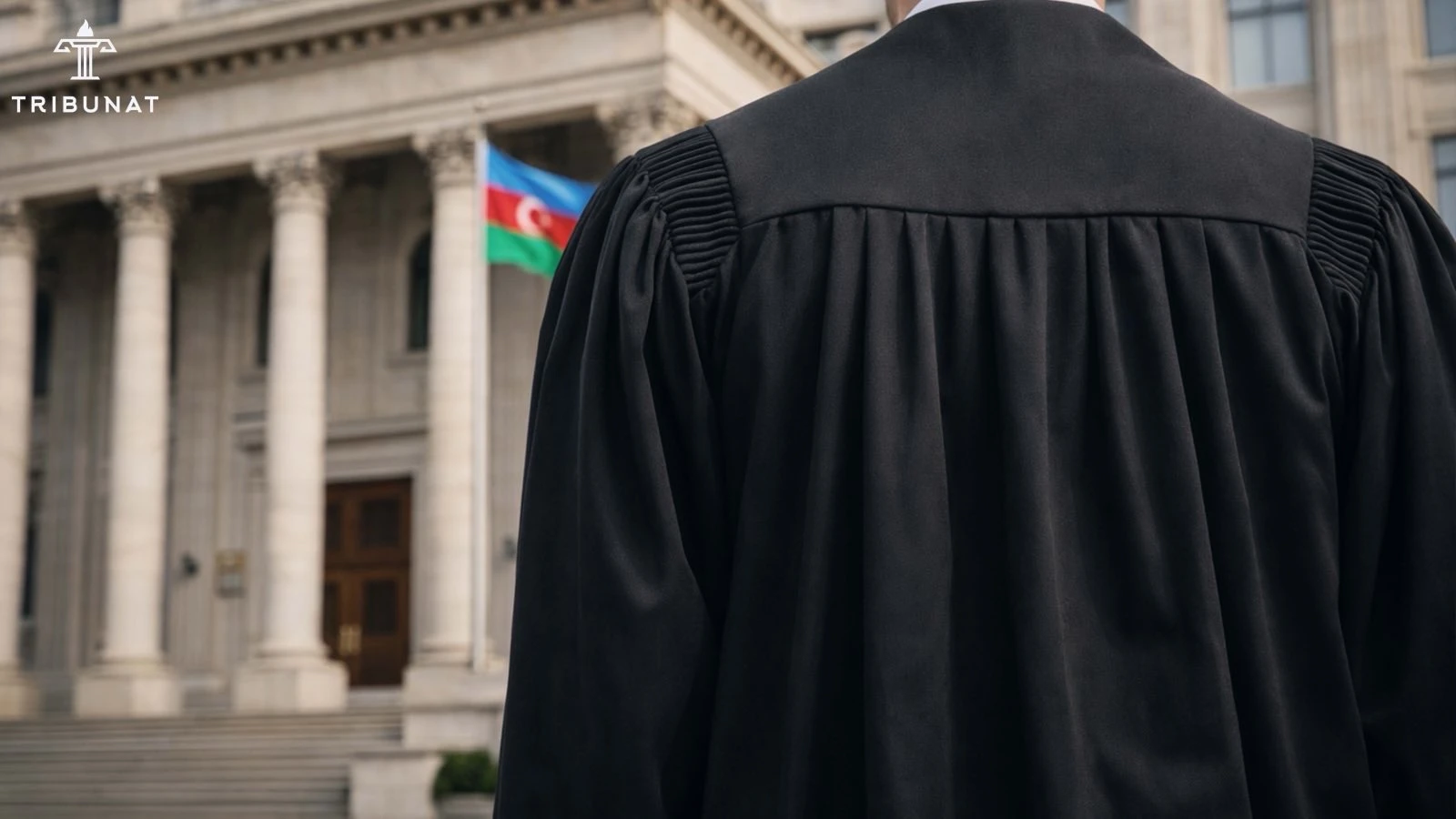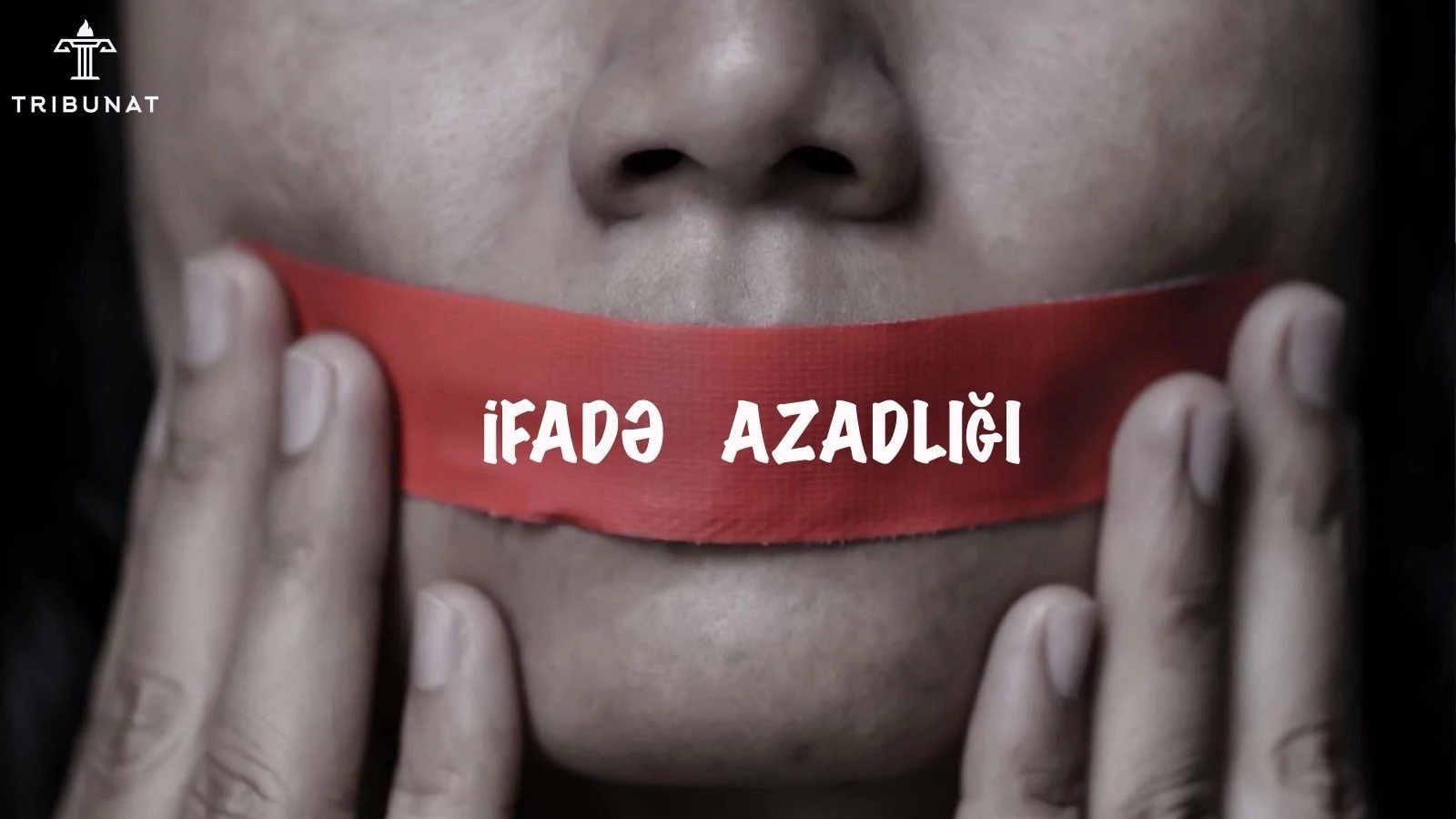Farid Mehralizadeh, a journalist to Radio Free Europe/Radio Liberty Azerbaijan Service who is in custody in relation to the “Abzas Media” case, demanded the apology from public prosecutor Rauf Malyshov for the "clown" phrase used in his address during the April 29, 2025 trial. He explained that if the judges turn a blind eye to the prosecutor's behavior and do not apologize for the insult, he will have an appropriate response: "I can use metaphorical expressions in my speeches, but I do not insult anyone's personality. I stand by my word. Nevertheless, prosecutor Malyshov insulted me. I demand his apology. If not, and if the court turns a blind eye, I will also use it in his address."
"Tribunat" analyzed the prosecutor's insulting statement directed at the accused from a legal perspective and examined the compliance of such rhetoric with judicial ethics and procedural norms.
The role of the prosecutor in criminal proceedings is not only limited to bringing and defending charges. The prosecutor is one of the key figures overseeing the impartial and fair conduct of the process. This should be not only by adherence to legal procedures, but also with respect for human dignity. The UN Guidelines on the Role of Prosecutors also state that prosecutors must perform their duties fairly, consistently and promptly in accordance with the law, and respect and protect human dignity.
Article 3.2 of the Code of Ethical Conduct of the Prosecutor's Office of the Republic of Azerbaijan clearly puts forward that prosecutors cannot commit acts in violation of the rights and freedoms of individuals, especially their honor and dignity, while performing their duties. The prosecutor's rhetoric should be the language of the law, not personal attacks or emotional expressions. Violation of the requirements of the Code is a ground for implementing a disciplinary responsibility to a prosecutor's office employee (36.1).
This approach is also reflected in international documents. The International Covenant on Civil and Political Rights, which Azerbaijan is a party of, recognizes dignity as a fundamental condition of freedom and justice. The same principle is enshrined in Article 46 of the Constitution of Azerbaijan - the state has an obligation to protect the dignity of every person, and any form of humiliation is considered unacceptable.
Article 13.1 of the Code of Criminal Procedure pertains this principle to the judicial process: the honor and dignity of any person, including the accused, should not be humiliated. According to Article 84.7.1 of the Code, the public prosecutor must observe order in the court session. Consistent with Article 310.2.9, all individuals participating in the court session or present at the court session must refrain from ... offensive and indecent expressions and actions.
The prosecutor's derogatory statements are not only in violation of ethical norms - they also undermine the essence of the law, the equality of the parties, and public trust in the court.
The word “clown” used by public prosecutor R. Malyshov against F. Mehralizadeh during the court hearing is the equivalent of the word “jester” of “fool”.
This word usually refers to a circus artist who performs comic and satirical acts. This expression is used to present a person's thoughts and behavior in a frivolous, meaningless, and ridiculous way. In this sense, this statement made by the public prosecutor to the journalist is intended to degrade his reputation, trust, and honor in society.
The court's failure to intervene in the insulting statements of participants in the criminal proceedings leads to more serious consequences. If the court disregards humiliating rhetoric, this already raises serious questions about the impartiality and fairness of the process. From a legal point of view, this creates the elements of the criminal act of “contempt of the court by insulting the participants in the court hearing” provided for in Article 289.1 of the Criminal Code. The act is punishable by a fine of up to one thousand manats, up to four hundred hours of community service, or up to six months of imprisonment.
Farid Mehralizadeh's complaint on the prosecutor's insulting statement is legally justified and presents a constitutional right to defend his dignity. His demand for an apology to the prosecutor is based on the protection of dignity and human rights as provided for in Azerbaijani legislation and international legal norms to which the State is a party. It also facilitates the fair and objective conduct of the trial and the restoration of public trust.
The European Court of Human Rights (ECtHR) in its Morice v. France case noted that lawyers, especially public officials, are obliged to maintain a balance between the public interest and personal dignity when exercising their freedom of expression. In this decision, the ECtHR stressed that harshness of expression may sometimes be appropriate in legal proceedings, but personal insults or derogatory rhetoric are unacceptable. The “clown” expression by the public prosecutor Rauf Malyshov violates the aforementioned balance and is beyond legal ethics. The Bordeaux Declaration on the “Role of Judges and Prosecutors in a Democratic Society” states that prosecutors and judges must perform their duties fairly, impartially, objectively and consistently, respect human rights, ensure their protection and strive for the prompt and efficient functioning of the justice system.
“Tribunat” concludes that the principles of mutual respect and ethical behavior in court proceedings are not only a matter of order and cultural behavior in the court session, but also one of the pivotal guarantees of a fair trial. The humiliating rhetoric of the prosecutor not only undermines the dignity of the detainee, but also undermines public trust in the judicial system. In order to prevent such cases, legal, ethical and disciplinary accountability mechanisms should be functional and transparent.






